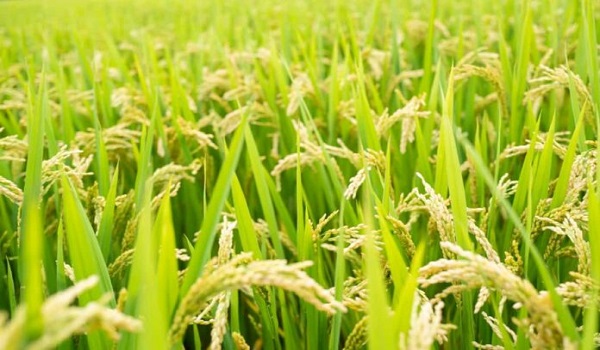Tata-Cornell Institute for Agriculture and Nutrition (TCI) has launched a new initiative aimed at transforming India’s food system by strengthening value chains for non-staple, climate-resilient, and nutritious crops.
Titled ‘Promoting Value Chains for Climate Resilience and Nutritious Diets’, the project will focus on mapping and analysing the value chains for millets, tomatoes, pulses, and soyabeans—crops that offer both nutritional and environmental benefits but remain underrepresented in India’s food supply system.
“Diversification is essential to address India’s high rates of malnutrition and to build resilience in the face of climate change,” said TCI Director Prabhu Pingali. “This exciting new project will help identify inefficiencies in the current food value chains and provide policymakers with actionable insights to strengthen them.”
Food value chains represent the entire journey of food from farm to fork, encompassing production, processing, distribution, marketing, and consumption. The project aims to enhance efficiencies, reduce post-harvest losses, and generate better economic opportunities for smallholder farmers.
Researchers will consult with policymakers, scientists, and civil society organizations to validate proposed interventions and determine priority areas for improvement. The initiative is backed by a grant of 5 million Danish kroner (approx. ₹6 crore) from the Novo Nordisk Foundation.
Jakob Ørberg, Senior Scientific Lead at the Foundation, emphasized the project’s strategic alignment with global sustainability goals. “We see India as a key partner in advancing climate- and nutrition-focused food systems. TCI’s research will play a vital role in creating a knowledge base for this transformation,” he said.
Pingali added that well-functioning value chains are crucial to enabling price discovery, building infrastructure, and connecting farmers with markets. “Investing in diverse, efficient food chains is key to making nutritious food affordable and accessible across India,” he said.
The project marks another step forward in India’s shift from a staple grain-heavy diet to one that embraces a wider variety of crops, supporting both public health and environmental sustainability.


